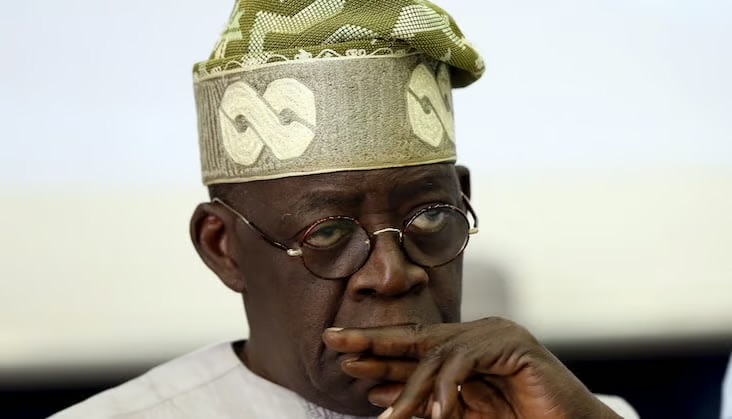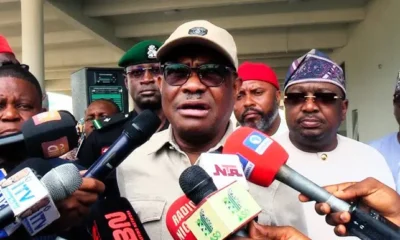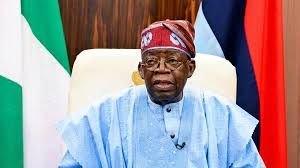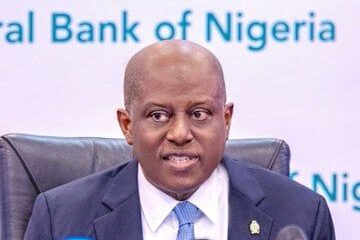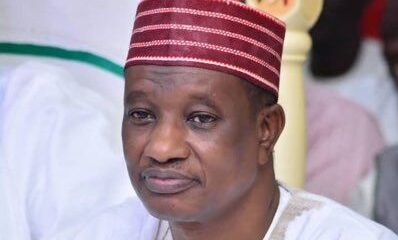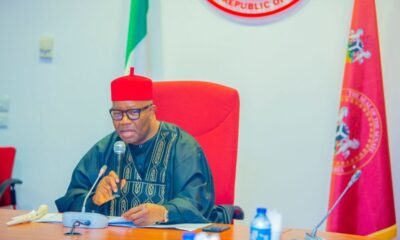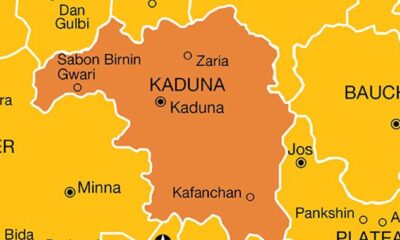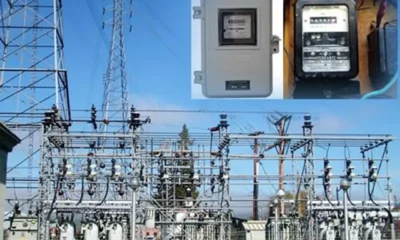Nigeria’s President Bola Ahmed Tinubu has built his political brand on defiance – a statesman who promised to restore order at home and respect abroad. But in recent weeks that formula has been tested as both his domestic control and global standing come under pressure.
At home, whispers of a failed coup have prompted a sweeping shake-up of the military hierarchy as the president seeks to consolidate control. With ominous timing, the Al-Qaeda-affiliated jihadi group JNIM has struck the country in the north.
Abroad, his government faces a diplomatic storm after US President Donald Trump listed Nigeria as a Country of Particular Concern (CPC) for attacks on Christians and hinted at possible military intervention.
“If the Nigerian government continues to allow the killing of Christians, the US will immediately stop all aid and assistance to Nigeria, and may very well go into that now disgraced country, guns-a-blazing,” Trump wrote on his Truth Social platform. “If we attack, it will be fast, vicious and sweet … The Nigerian government better move fast!”
Within minutes, US Defense Secretary Pete Hegseth replied: “Yes sir. The Department of War is preparing for action. Either the Nigerian government protects Christians, or we will kill the Islamic terrorists who are committing these horrible atrocities.”
Described by risk analyst Cheta Nwanze as “the predictable climax of months of publicly telegraphed warnings from US congressional figures and human rights groups”, the warning has shaken confidence in Aso Rock and further rattled Nigeria’s fragile diplomatic posture.
From confrontation to caution
Rather than answering Trump’s threats with defiance, Tinubu chose conciliation – a sharp departure from Nigeria’s traditional posture of sovereignty first.
The president rejected Washington’s portrayal of Nigeria as religiously intolerant, saying it “does not reflect the country’s reality or the government’s efforts to protect religious freedom”, in a personally signed statement.
“Our administration is committed to working with the United States and the international community to deepen understanding and cooperation in protecting communities of all faiths,” Tinubu said.
Presidential spokesman Daniel Bwala later told reporters that Tinubu plans to meet with Trump “in the coming days” to ease tensions.
Washington’s threats divide opinion of Nigeria
“This crisis marks a collapse from a position of principled assertion to one of outright denial, diplomatic ineptitude, and a fundamental failure of the Nigerian security state,” Nwanze wrote, adding that Washington’s sanction is not merely a diplomatic rebuke but “a stark indictment of a political elite fatally separated from the existential security crisis plaguing its citizenry”.
They won’t bring salvation to Nigeria through bombs or boots on the ground
Human-rights lawyer Inibehe Effiong welcomed Trump’s pressure, saying “if this is what it will take for the Nigerian government to wake up to its primary responsibility, so be it”.
However, opposition activist Omoyele Sowore urges caution, arguing that the US and its allies have “a long record of military adventures that leave nations more unstable”, citing interventions in Iraq and Libya. “They won’t bring salvation to Nigeria through bombs or boots on the ground.”
A relationship under strain
Tensions between Abuja and Washington have been simmering since Tinubu took office. The CPC designation follows a series of US moves seen in Abuja as punitive.
- In July, Washington cut visa validity for Nigerians from five years to three months.
- Days earlier, Nobel laureate Wole Soyinka, a Tinubu ally and vocal Trump critic, had his visa revoked.
- In April, a US court ordered the FBI and DEA to release records from 1990s investigations into Tinubu’s finances, reviving a decades-old Chicago drug case that once saw him forfeit $460,000.
- Trump pointedly excluded Tinubu from a July White House meeting with five African leaders.
Nigeria’s refusal to take in Venezuelan deportees in July further soured Abuja-Washington ties.
“While the terrorism threat is real in Nigeria, we think that the heightened US rhetoric is partly linked to Nigeria pushing back on Washington’s migration demands,” said Jervin Naidoo, a political analyst at Oxford Economics.
In September, Tinubu appeared to shrug off Trump’s influence, saying: “If non-oil revenue is growing, then we have no fear of whatever Trump is doing on the other side.”
Avoiding America, leaning on France
Tinubu has conspicuously avoided the US since assuming office, delegating Vice-President Kashim Shettima to the UN General Assembly two years in a row.
At this year’s session, Nigeria backed a two-state solution to the Israel-Hamas conflict, a position Trump rejects.
Instead, Tinubu has cultivated a partnership with France, which has become his most frequent foreign stop since 2023.
Public analyst Stephen Akintayo calls it a risky bet. “Over the past two years, he has seemingly avoided Trump,” he says. “I know Tinubu to be a politically astute strategist, someone capable of playing the complex chess game of politics. So how did he end up in this diplomatic quagmire? Who exactly are the key diplomats currently engaging with the White House since Trump’s return to power?”
We’ve had too many international missteps
More than two years after recalling Nigeria’s ambassadors from 109 missions, Tinubu has yet to replace them due to what he called financial constraints. The result, analysts warn, is a foreign service adrift.
“It’s time to appoint professionals who can execute clear foreign policy framework,” says Akintayo. “We’ve had too many international missteps because we lack solid diplomats who can represent the president and the nation with authority and vision.”
Unity at home, assertiveness abroad mantra
Former Kano governor Rabiu Kwankwaso urged Tinubu to dispatch “special envoys drawn from seasoned diplomats to engage the White House directly”.
Presidential adviser Bayo Onanuga dismissed concerns of isolation, insisting Tinubu “is well ahead of the orchestrated game unfolding in America” and has briefed new service chiefs on what Nigerians expect: unity at home, assertiveness abroad.
But for Nigeria to climb out of this diplomatic chasm, Nwanze wrote, the government must first restore the authority of the state to protect its own citizens.
Only then, he adds, can it hope to send abroad representatives whose records reflect the integrity and sobriety of its past, not the controversy and contradiction of its present.


